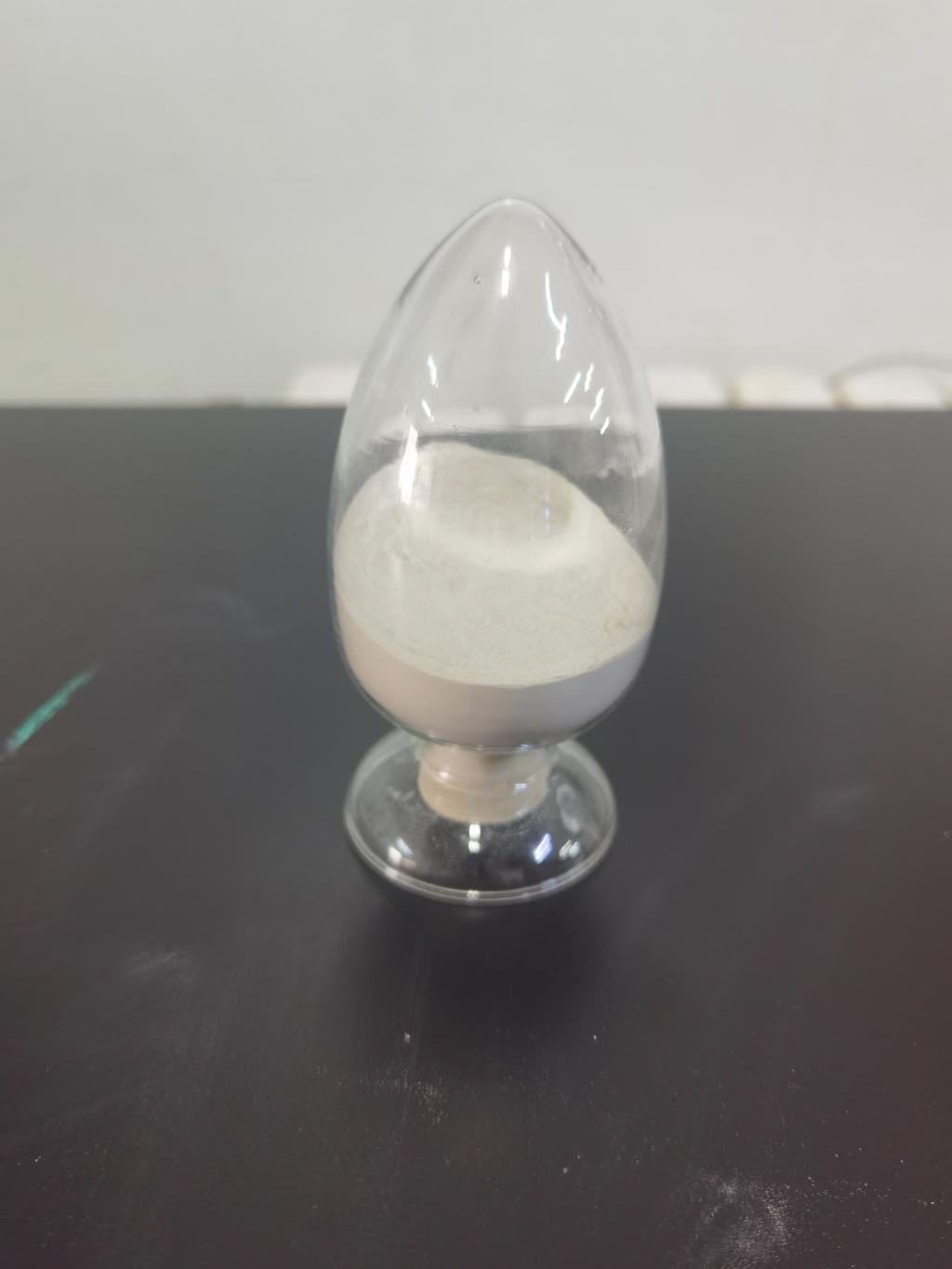Tel:+8618231198596

News
 CONTACT
CONTACT
 CONTACT
CONTACT
- Linkman:Linda Yao
- Tel: +8618231198596
- Email:linda.yao@dcpharma.cn
- Linkman:CHARLES.WANG
- Department:Overseas
- Tel: 0086 0311-85537378 0086 0311-85539701
News
Current Position:
Home >
News
>Nisin’s role in reducing microbial spoilage in functional and dietary foods.
Nisin’s role in reducing microbial spoilage in functional and dietary foods.
TIME:2024-09-24
Understanding Functional and Dietary Foods
Functional and dietary foods are enriched or fortified with additional nutrients, such as vitamins, minerals, fiber, or bioactive compounds, intended to promote health and well-being. They may also include probiotic cultures, which are live microorganisms that confer a health benefit on the host. Given their complex formulations and the presence of active ingredients, these foods require careful handling and preservation to ensure they remain safe and effective throughout their shelf life.
The Antimicrobial Power of Nisin
Nisin is a bacteriocin produced by certain strains of Lactococcus lactis during fermentation. It is particularly effective against a wide range of Gram-positive bacteria, including pathogenic and spoilage organisms like Listeria monocytogenes, Staphylococcus aureus, and Bacillus cereus. Nisin works by binding to the bacterial cell membrane, creating pores that lead to leakage of cellular contents and ultimately, cell death. Its natural origin, combined with its potent antimicrobial activity, makes nisin an attractive preservative for functional and dietary foods, where maintaining the integrity of the product is crucial.
Applications in Functional and Dietary Foods
Nisin's ability to inhibit microbial growth without affecting the beneficial properties of functional and dietary foods makes it a valuable additive in several applications:
Probiotic Products:
Probiotic yogurts, drinks, and supplements must maintain viable counts of beneficial bacteria while preventing the growth of pathogens and spoilage organisms. Nisin can help protect these products from contamination, ensuring that the probiotic cultures remain effective.
Fortified Foods:
Fortified foods, such as breakfast cereals, juices, and snack bars, are often enhanced with vitamins, minerals, and other bioactive compounds. Nisin can be used to prevent microbial spoilage, thereby extending the shelf life and preserving the nutritional value of these products.
Meal Replacements:
Meal replacement shakes and bars, which are designed to provide a complete and balanced meal, can be susceptible to microbial growth due to their high moisture content and nutrient-rich composition. Incorporating nisin into these products can help reduce the risk of spoilage and ensure they remain safe for consumption over a longer period.
Prebiotic and Fiber-Enriched Foods:
Prebiotic fibers, such as inulin and fructooligosaccharides (FOS), serve as substrates for beneficial gut bacteria. However, they can also support the growth of unwanted microorganisms. Nisin can be used to selectively inhibit the growth of pathogens while allowing the prebiotic effects to remain intact.
Challenges and Considerations
While nisin offers significant advantages for preserving functional and dietary foods, there are several challenges and considerations to address:
Efficacy Against Gram-Negative Bacteria:
Nisin is less effective against Gram-negative bacteria, which may require the use of complementary preservatives or strategies, such as the combination with organic acids or essential oils, to achieve a broader spectrum of antimicrobial activity.
Sensory Impact:
Although nisin is generally flavorless at the concentrations used for food preservation, care must be taken to ensure that its addition does not negatively impact the taste, texture, or appearance of the final product.
Regulatory Compliance:
The use of nisin in functional and dietary foods must comply with local and international food safety regulations. Maximum usage levels and approved applications vary by jurisdiction, and manufacturers must stay informed about the regulatory landscape.
Stability and Release:
The stability of nisin under different processing and storage conditions, as well as its controlled release within the food matrix, are critical factors that need to be optimized to ensure consistent antimicrobial efficacy.
Conclusion
Nisin's role in reducing microbial spoilage in functional and dietary foods is a promising area of research and development. By providing a natural and effective means of preservation, nisin helps to maintain the safety, quality, and shelf life of these health-focused products. As the demand for functional and dietary foods continues to grow, the strategic use of nisin will be essential in meeting the needs of both manufacturers and consumers. Ongoing studies and innovation in this field will further enhance the application of nisin, contributing to the overall advancement of food safety and public health.
- Tel:+8618231198596
- Whatsapp:18231198596
- Chat With Skype







